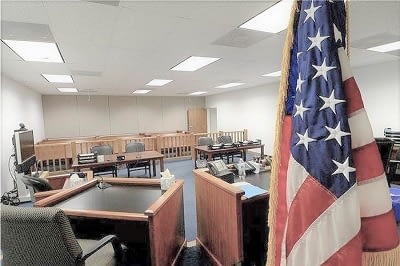
Exceptional Circumstances for Reopening Court Proceedings
Posted on August 14, 2021
The Board of Immigration Appeals (BIA) has recently issued a very positive decision in a case when a person missed his immigration court hearing because of exceptional circumstances. In this case an immigration judge ordered removal in-absentia (no show up) when a person was late to the scheduled hearing.
The BIA said unforeseen events out of an individual’s control can amount to “exceptional circumstances” necessary for an immigration judge to reopen and reconsider an in-absentia removal order. The person needs to provide detailed explanation and supporting evidence what caused him to be late. Such evidence can be weather and traffic reports or medical records.
This decision has made it easier for individuals facing deportation to reopen their cases after missing court hearings. The BIA said that not appearing on time for a hearing that was caused by bad weather or traffic jams can be excused.
Before this decision the law was unclear about what is considered exceptional circumstances for filing a motion to reopen after in-absentia removal order. This decision explains it in detail.
In this case the person was supposed to appear in court for her merits hearing. However, because of the snow and car accident on the highway on which she was traveling, she arrived 40 minutes late. The immigration judge had already issued her removed in-absentia. The respondent filed the motion to reopen and submitted detailed affidavit of what happened that day. She also submitted detailed statement of a driver she had hired, along with media reports about the snow and multiple traffic accidents. Weather data indicated that the temperature on the day of the hearing was lower than usual for that time of year.
The judge denied the motion to reopen. The respondent appealed judge’s decision to the BIA.
The BIA agreed with the respondent that the weather and traffic conditions amounted to exceptional circumstances, particularly considering the corroborating evidence she submitted with her motion.
“These detailed, corroborated allegations of unusual weather and traffic conditions affecting the female respondent’s specific route to the Immigration Court go beyond the general, uncorroborated assertions at issue” Judge Deborah Goodwin wrote.
The respondent had also appeared at several previous hearings and promptly filed her motion to reopen the proceedings, showing that she intended to appear on time or otherwise had an incentive to do so.
The ruling in this case sets a precedent that affects future decisions in cases that fall under this new standard of extraordinary circumstances.